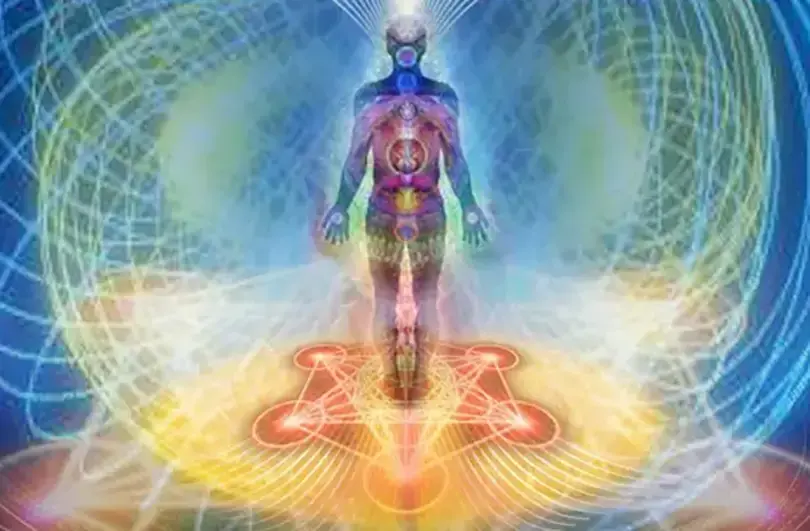We usually think of the mind and body as two separate worlds: “I feel” is about emotions and thoughts, while “I’m sick” is about the body. But modern science shows that this line is just an illusion. What we call “psychosomatics” is actually a complex connection between feelings, experiences, and the state of our organs. Here’s a clear guide: what’s happening, why it matters, and how Californians can use this knowledge every day.
1. Why the Body Remembers
When we experience something—happiness, fear, anger, or stress—our brain and body communicate closely. These feelings don’t just disappear; they leave traces. Negative experiences can stay in the body and affect behavior and health.
How it works:
- Interoception – the ability to “feel” your body from the inside: heartbeat, breathing, muscle tension. If this ability is weak, it’s harder to recognize emotions.
- Brain networks – the cortex, insula, hippocampus, and amygdala are all involved in how we feel emotions and remember experiences.
- Body stores emotions – muscle tension, heart rate changes, and hormone spikes can later appear as physical signals.
In short: emotion → body reaction → memory → possible physical symptom.
2. How Emotions Become Illness
If emotions are ignored, suppressed, or not expressed, the body can turn them into physical signals. This doesn’t mean “all illness is in your head,” but emotions clearly affect health.
Examples:
- Chronic stress → high cortisol → weaker immune system, inflammation.
- Bottled-up anger or resentment → muscle tension, high blood pressure, headaches.
- Trauma → “body memory” → physical symptoms without clear medical cause.
People who are less aware of their emotions often experience more unexplained physical symptoms. Paying attention to the body can help reduce these effects.
Why this matters in California
With busy city life, tech work, migration, and climate stress, Californians often live under constant tension. The culture of productivity and “always being connected” increases stress, and if the body “remembers” it, minor signals can become chronic discomfort or illness.
3. Where the Body Shows Stress
- Head / Neck: headaches, muscle tension, migraines.
- Stomach / Gut: cramps, bloating, irritable bowel—linked to anxiety and fear.
- Heart / Blood Vessels: fast heartbeat, high blood pressure—effects of chronic stress.
- Muscles / Joints: back, shoulder, neck pain from prolonged tension.
- Skin / Breathing: eczema, asthma, or rashes as expressions of suppressed emotions.
Practices that increase body awareness help reduce these symptoms.
4. The Science Behind It
- Physical, mental, and social factors interact to affect health.
- Awareness of your body (interoception) is key; weak awareness is linked to illness.
- The brain and body work together in processing emotions.
- Body memory: past experiences influence your present body and health.
- Psychosomatic congruence: aligning emotions and body improves overall well-being.
5. What You Can Do Today
- Notice Your Body
- Take 5–10 minutes to check in with your body from head to toe.
- Notice tension, heaviness, tingling, or lightness.
- Express Emotions
- Ask yourself: “What am I feeling? Where in my body do I feel it?”
- Express through words, movement, or breath.
- Move with Awareness
- Yoga, tai chi, pilates, mindful walking.
- Focus on your breath: inhale – feel lifting, exhale – relax.
- Create a Safe Emotional Space
- Find moments to disconnect from constant productivity.
- Nature helps: ocean, mountains, parks reduce emotional stress.
- Seek Professional Help
- Chronic pain without a clear cause? Consider body-focused therapy or psychotherapy.
6. Who Should Pay Attention
- Californians living in busy cities or high-stress jobs.
- People with chronic pain, fatigue, insomnia, or anxiety.
- Those who want a balanced, harmonious life—mind and body together.
7. How to Share This Knowledge
- Tell a friend: “Ever notice your neck or stomach hurts after a tough day? Maybe your body is trying to tell you something.”
- Try a short daily check-in: “What is my body feeling right now?”
- Share this post on social media with: “Stress isn’t just in your mind — your body records everything.”
Your body is not just a machine for doctors to fix—it’s an archive of your emotions and experiences. Ignoring its signals can lead to pain, chronic discomfort, or illness. By practicing awareness, listening to your body, and expressing emotions, mind and body can work together.
Californians, with your fast-paced lives and environmental challenges, can especially benefit from this approach. The body remembers everything. When you start listening, it can start healing.






